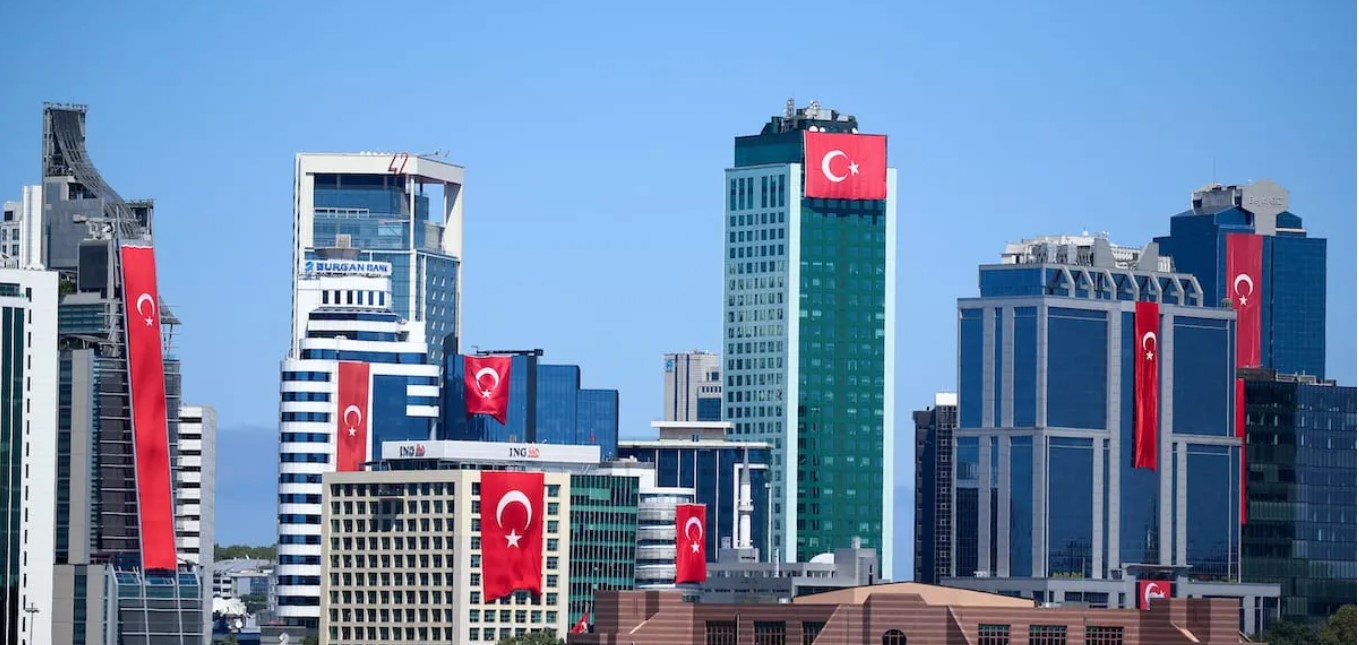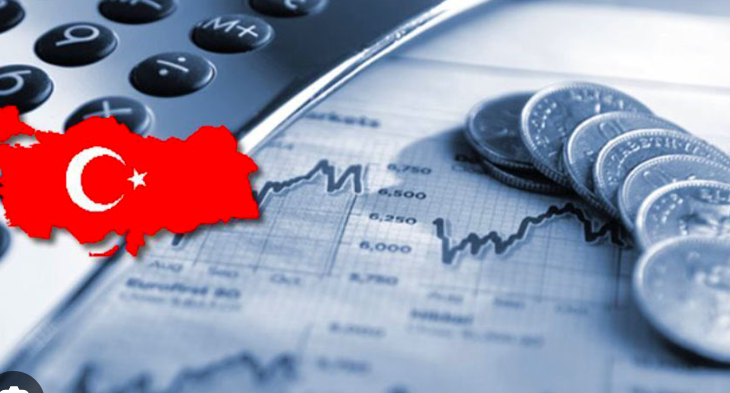Holiday spending spells relief for the economy
 tr-economy
tr-economy
Turkey’s anemic economy received a shot in the arm thanks to a 9-day Eid al Adha holiday, which witnesses 12 million people traveling around the country, and spending a reported TL 60 bn or $7.1 bn. Turkey’s broadest measure of sentiment, Economic Confidence Index breached 100 upwards in July first time in 23 months, as the composite PMI of business association MUSIAD, called SAMEKS rose by 2.3 percent in July MoM. The big question is whether the spending boom is sustainable?
WATCH: A Uniquely Turkish Disease: High Chronic Inflation
Turkey’s economic confidence rose to more than 100 points in July, the first positive reading since currency volatility increased in mid-2018, according to a benchmark index published by the Turkish Statistical Institute on Thursday.
The index climbed to 100.1 points this month from 97.8 in June. Any reading above 100 points reflects overall optimism among consumers and businesses about the current and future economic situation in the country.
SAMEKS composite PMI roe a seasonally adjusted 2.3 points in July to 53.1, as services sub-index surged 6.1 percentage points. Yet, manufacturing slumped, with the headline declining to 46.7 with a 3.3-point MoM retracement. Details of both indices were poor, with orders and output slumping. Both sectors, though, reported rising employment.
WATCH: Turkish Economy IS in Crisis | Real Turkey
Turkey’s government has sought to stimulate a fast recovery from the COVID-19 pandemic by keeping essential businesses open and by encouraging banks to lend to cash-strapped companies and consumers. Borrowing by consumers reached record levels in May, according to data published by the Banks Association of Turkey (TBB) this week.
Turkey’s households owe banks $100 bn as of 19th of July, according to the latest data. As inflation rises steadily through the rest of 3Q and possibly beyond, salaried workers are continuously losing purchasing power, while summer employment gains are unlikely to be sustained in winter months.
The Erdogan government is counting on interest rate cuts and possibly more fiscal stimulus to steer the economy to sustainable growth, but economist claim both options are infeasible. Rate cuts could stoke more inflation and faster currency depreciation. Fiscal stimulus would crowd out private sector borrowing.
Turkey needs Fed and ECB printing money through 2022 to create any kind of GDP growth.
Follow our English language YouTube videos @ REAL TURKEY: https://www.youtube.com/channel/UCKpFJB4GFiNkhmpVZQ_d9Rg
And content at Twitter: @AtillaEng
Facebook: Real Turkey Channel: https://www.facebook.com/realturkeychannel/





